Overview:
Yellow Indian grass is a tall, bunching sod-former, 3-8 ft. in height, with broad blue-green blades and a large, plume-like, soft, golden-brown seed head. This showy perennial’s fall color is deep orange to purple. Indiangrass, scientifically known as Sorghastrum nutans, is a native North American prairie grass that exudes timeless natural beauty and ecological significance. This perennial grass is highly valued for its graceful appearance, versatile uses, and its contribution to wildlife conservation. Whether you’re a seasoned gardener, a landscaping enthusiast, or an eco-conscious individual, Indiangrass is an excellent addition to your outdoor space.
Typical Uses:
- Ornamental Beauty: With its stunning golden-brown plumes that gracefully sway in the wind, Indiangrass adds a touch of elegance to any garden or landscape design. It’s often used as a focal point or border plant.
- Wildlife Habitat: Indiangrass attracts a multitude of beneficial insects, pollinators, and birds, making it an essential component of wildlife gardens and conservation efforts. Birds find shelter in its tall, sturdy stems, while insects and pollinators forage for nectar and pollen.
- Soil Erosion Control: Its deep, fibrous root system helps stabilize soil, making it a valuable choice for erosion control on slopes or along waterways.
- Restoration Projects: Indiangrass plays a pivotal role in prairie restoration efforts, helping to revive native ecosystems and support biodiversity.
Establishment and Care Instructions:
Indiangrass is a hardy and low-maintenance plant, making it suitable for both experienced and novice gardeners. Here are some tips for its establishment and care:
- Planting: Choose a sunny location with well-drained soil. Plant in early spring or late fall, leaving enough space for the grass to grow to its full height (4-7 feet).
- Watering: Water regularly during the establishment phase but reduce watering once the plant is established. Indiangrass is drought-tolerant once it’s grown.
- Pruning: Pruning is generally not required. However, you can cut back dead foliage in late winter or early spring for a cleaner appearance.
- Fertilizing: Minimal fertilization is needed, if at all. A balanced slow-release fertilizer in early spring is sufficient.
- Pest and Disease: Indiangrass is relatively resistant to pests and diseases, making it a low-maintenance choice for eco-friendly landscaping.
Special Features and Usage:
- Tall and Graceful: The feathery seed heads of Indiangrass create a striking visual display, especially when backlit by the sun.
- Drought Tolerance: This native grass is well-suited to xeriscaping and dry, arid climates, making it a water-saving landscaping option.
- Eco-Friendly: Indiangrass is an essential component of prairie ecosystems, supporting biodiversity and aiding in conservation efforts.
- Year-Round Interest: Even in winter, the golden-brown seed heads and rust-colored stems of Indiangrass offer visual interest in the landscape.

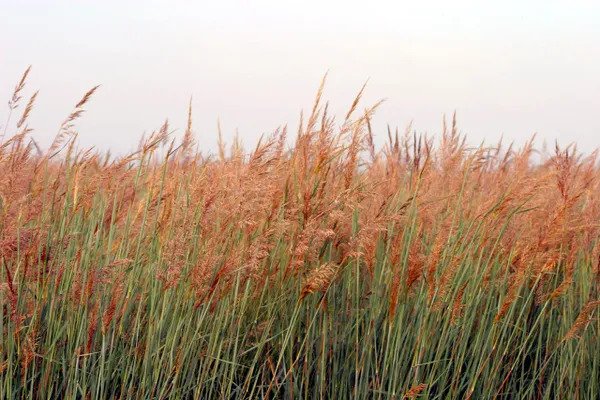
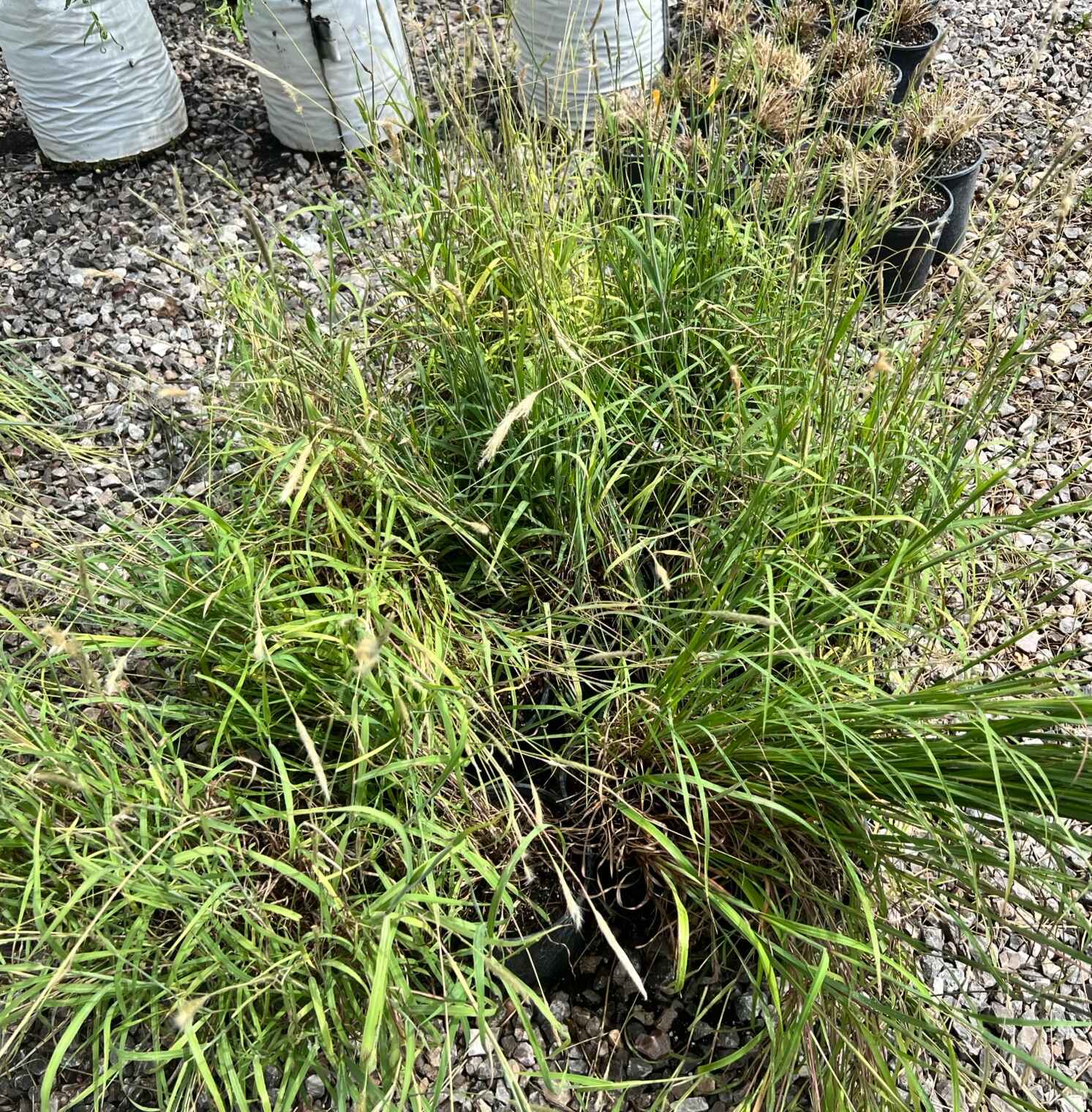
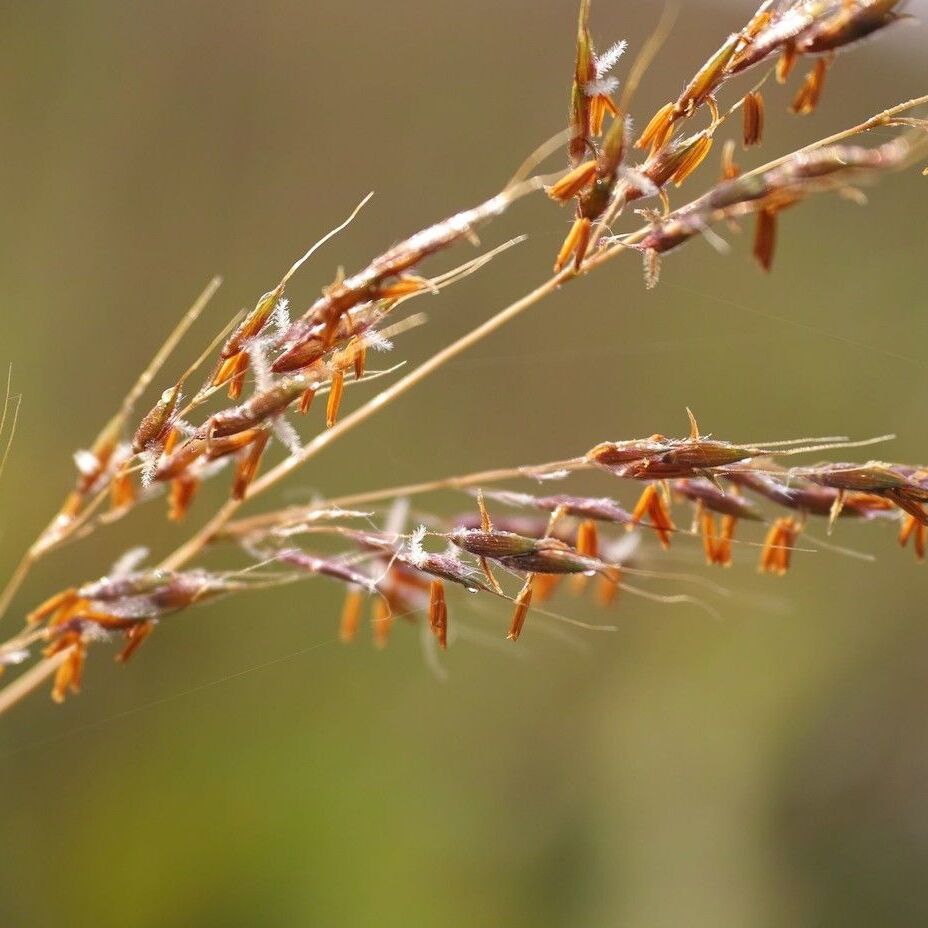
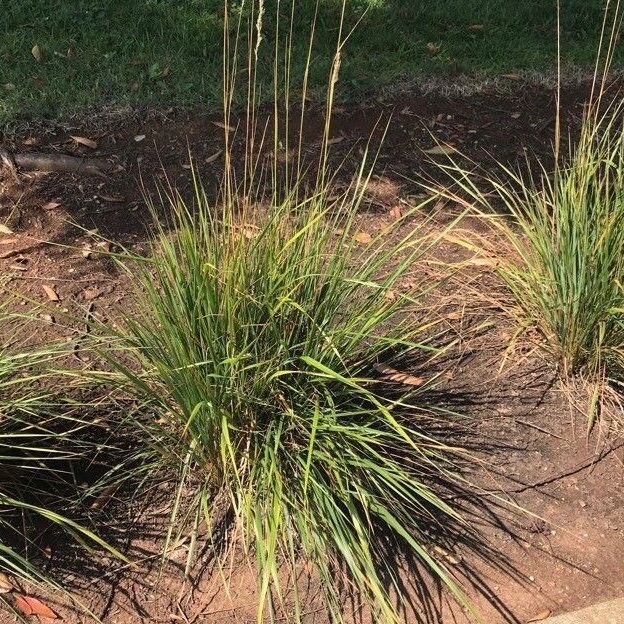
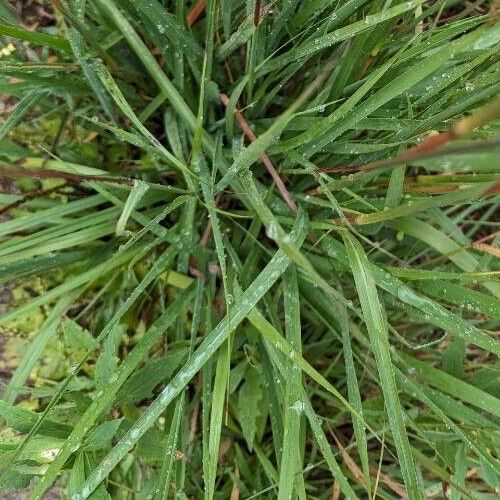
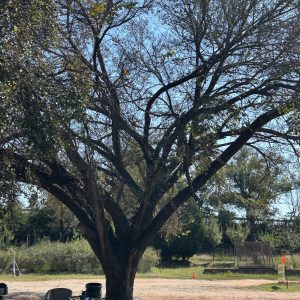
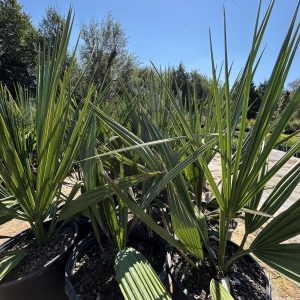
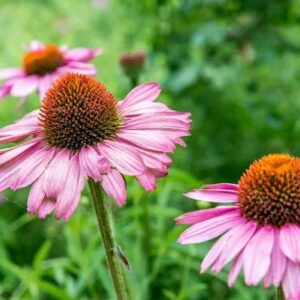

Reviews
There are no reviews yet.